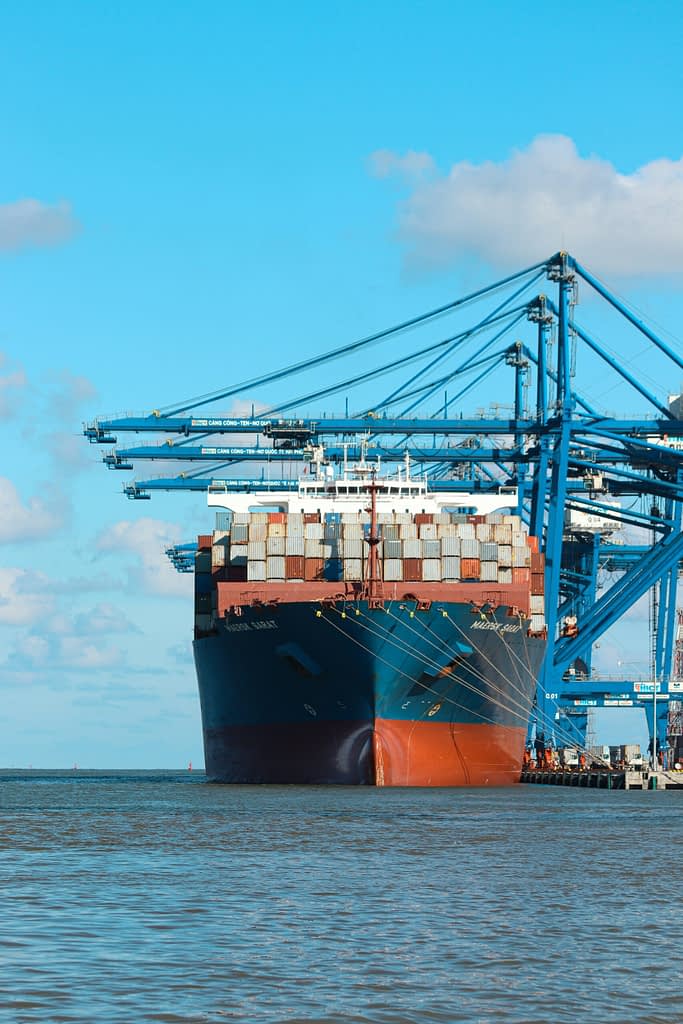President Donald Trump announced that he plans to be “very nice” to China in trade negotiations and that tariffs will decrease if both countries reach an agreement. This may signal his retreat from the hard stance towards Beijing in response to market volatility.
Softening Rhetoric and Signs of Concessions
“Tariffs will come down substantially, but they won’t be zero,” Trump said on Tuesday in Washington following earlier comments from Treasury Secretary Scott Bessent that the current standoff is unsustainable. Trump stated that he doesn’t see the need to say he would “play hardball” with Chinese leader Xi Jinping and during discussions wouldn’t mention COVID-19 – a topic that is politically very sensitive in Beijing.
Economic Impacts and Market Reactions
Trump’s comments come at a time when US stocks and Treasury bonds have been under pressure since April 2, when he imposed sweeping tariffs. The 145% duties on Chinese shipments remain in place, although he granted exemptions for computers and popular consumer electronics.
In response, China has intensified its communication with third countries in recent weeks:
- During a meeting with Azerbaijan’s president, Chinese leader Xi Jinping reiterated that tariff and trade wars undermine the rights and interests of all countries
- Foreign Minister Wang Yi told counterparts in the UK and Austria that China’s stance aims to protect both its own interests and the international trading system
- Premier Li Qiang reportedly sent a letter to the Japanese Prime Minister calling for a coordinated response to Trump’s tariffs
Bloomberg Economics Analysis
“Markets are murmuring about a modern-day Plaza Accord. Some investors hope Washington and Beijing will strike a currency deal to de-escalate the trade war. We’re skeptical… We think China is holding out hopes for level-headed trade talks with the US.”
“Trump is panicking due to the markets plummeting and high US Treasury yields,” said Alicia García Herrero, chief Asia Pacific economist at Natixis. “He needs a deal quickly. China doesn’t need to offer anything big under such circumstances.”
Chinese Response
Chinese media outlet Cailian called Trump’s statement “a sign that Trump is already softening his stance on his tariff policies.” “Trump chickening out” was among the top trending topics on China’s Weibo social network. Chinese stocks in Hong Kong rose on a wave of optimism, while the offshore yuan strengthened against the dollar by approximately 0.2%.
Beijing previously indicated that before agreeing to negotiations, it expects the Trump administration to limit disparaging remarks by members of his cabinet, such as Vice President JD Vance’s comments about “Chinese peasants.”
Outlook for Negotiations
Bessent stated at an investor summit that the world’s two largest economies will need to find ways to de-escalate the situation. He added that a comprehensive deal could take two to three years and any agreement would require a rebalancing of trade that would allow the US to increase manufacturing.
Recently, Beijing sent the Governor of the People’s Bank of China Pan Gongsheng and other senior officials to Washington for meetings of the World Bank Group and International Monetary Fund. A key member of the Chinese negotiating team was likely appointed last week when Li Chenggang became Deputy Minister of Commerce and trade envoy.
Henry Wang Huiyao, founder of a research group in Beijing, said that Li Chenggang’s appointment shows that “China is ready to talk” and that Trump’s latest comments signal a “more reasonable” tone.




